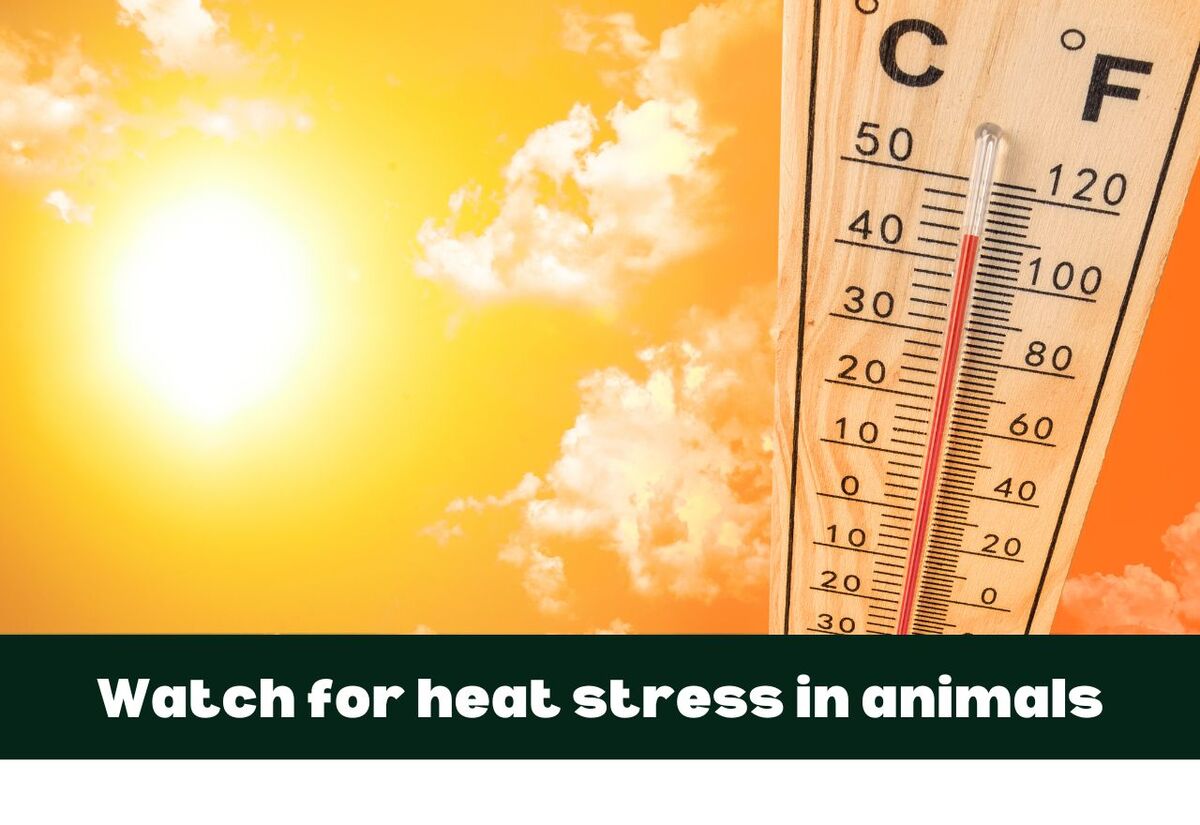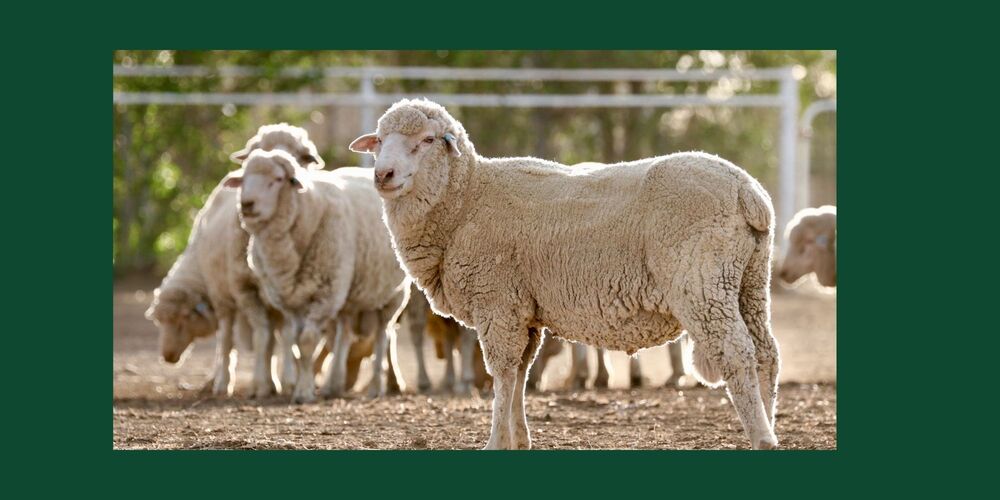LLS warns of heat stress in animals
Krista Schade
30 November 2024, 7:00 PM

Christmas is coming, and with it, hot weather
Christmas is fast approaching, and with it comes higher temperatures as we move into summer.
Western Local Land Services is reminding livestock producers to be wary for heat stress and exhaustion affecting their animals.
“As the weather warms up, livestock will have a harder time to maintain daily functions, just like us,” said Anja Sandring, District Veterinarian.
“Landholders should look out for signs of heat stress in their animals, including open mouth breathing, shallow and rapid breathing, shade seeking, reduced feed intake and increased water intake, staggering, and potentially death.
“Along with heat stress, we also often see Humpy Back Syndrome affect full wool Merino rams and heavy wethers and ewes, while we also tend to see increased intestinal worm burdens as the warmer weather is conducive to hatching and the development of larvae.
“Heat stress can also influence fertility in ewes, with the increased temperatures potentially having an effect on hormones and egg and embryo quality.”

If you’re mustering, handling and transporting livestock during the warmer months, it is essential to meet basic animal welfare standards, such as:
- move livestock during early morning or late afternoon when temperatures are cooler
- provide sufficient shade and shelter for animals to rest and cool down
- ensure you have sufficient feed available during the Christmas shut down period to maintain animals in healthy condition until markets reopen in the New Year
- draft off all animals suitable for sale via saleyards or directly to a processor before meatworks and saleyards close for the holidays.
Another important consideration in hot weather is water consumption.
“Livestock will also drink considerably more water in hotter weather, with cattle consuming up to 140 litres a day and sheep and goats up to 14 litres a day,” Anja said.
“Remember, livestock avoid warm water so it’s important to provide shade and shelter for water resources, as well as stock.”
If livestock producers have any concerns and are suspecting an emergency animal disease during the Christmas holiday shutdown period, please call the Emergency Animal Disease hotline on 1800 675 888 immediately.
For further information and local advice about your livestock, speak with a Local Land Services District Veterinarian on 1300 795 299.
NEWS
SPORT





